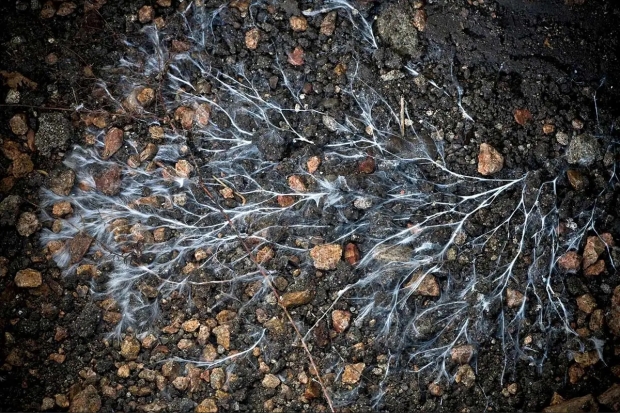Scientists speculate that underground fungal networks are a critical but largely overlooked component of global climate change and are looking to change that.
Researchers aim to collect ten thousand DNA samples from fungi by working with local communities worldwide, hoping to determine how their networks are being affected by human activity like global warming. With this, the researchers want to construct a global map of the networks.
"Fungi are invisible ecosystem engineers, and their loss has gone largely unnoticed by the public. New research and climate models are providing irrefutable evidence that the Earth's survival is linked to the underground," said Toby Kiers, a professor of evolutionary biology at Amsterdam's Free University and co-founder of the non-profit Society for the Protection of Underground Networks (SPUN), the organization coordinating the effort.
Understanding how climate change affects fungal networks or mycelia is vital in ensuring their survival and the preservation of the ecosystems they exist within. Some fungi can help combat global warming by facilitating carbon dioxide removal from the atmosphere by storing it in their roots underground. Providing nutrients to other plants also helps their growth, allowing them to sap more carbon dioxide from the atmosphere. Some fungi can instead produce carbon dioxide as they decompose organic matter for food, which helps to fuel global warming.
"When you talk about carbon cycles you really want to start thinking carefully about decomposers. A massive and coordinated effort to collect biodiversity data on a global scale is badly needed and will be very welcome. There are good reasons to include all kinds of fungi in that effort," said Anne Pringle, a professor of botany and bacteriology at the University of Wisconsin-Madison.
The symbiotic relationship between fungal networks and plants makes this an essential facet of global ecosystems to explore and understand how climate change will impact issues in the future like food security.
You can read more about the project on SPUN's website.



